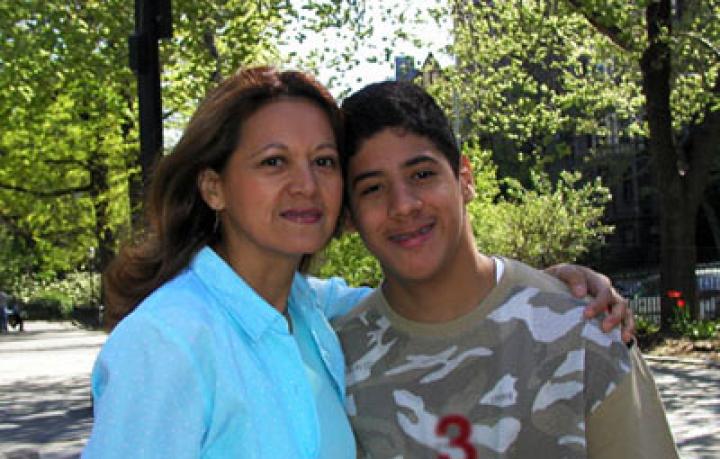Share

As the mother of an adult with autism, a member of the YAI Autism Advisory Council, and an effective parent advocate, Bernice Polinsky has learned a lot on her journey to access services and supports to enhance the quality of life for her entire family. Bernice, whose son receives services through the YAI Network, graciously shared the following tips to help other families living with autism find information, support and greater peace of mind.
1. Join a support group.
By meeting and talking with other individuals whose loved ones have autism, you will receive support, information and networking that can help you and your family. You may learn from others how to organize your records, navigate the system, cope and solve problems. Encourage your family member(s) to join a support group. This is a great opportunity to connect with others and realize that you are not alone,
2. Learn as much as you can.
You and your loved one may have become quite knowledgeable about autism, but always ask for help whenever you are unsure. Get a second opinion if you are not happy and comfortable with the professional(s) in your life. When possible, attend conferences and workshops. Stick with scientific and evidence-based information. You won’t waste unnecessary amounts of money on methods that won’t work in the long run and in some cases could be harmful. Join an e-list.
3. Advocate: Be a squeaky wheel.
Know your rights: you are your child’s best advocate. Learn as much as you can about special education law, Americans with Disabilities Act (ADA), civil rights law, 504, etc. Remember: If you don’t know your rights, then you don’t have any.
Find a good Service Coordinator or education consultant (depending on the age and services of your family member) to help with navigating the system. Don’t give up when the system seems to be giving you a hard time. Keep organized medical and educational records. When you need to apply for any services, it is so much easier if you can pull out the various documents required to show that the developmental disability is a long-standing problem that affected the person before age 22.

4. Keep good records.
In addition to educational and other records, if your loved one with autism is taking medication, keep daily records of how he or she is responding to them. This is important information to share with doctors and other service providers in the future.
5. Plan for the future.
Be sure to plan early when you have a better sense of the needs of your family member. Being realistic about their needs is very important. Seek the services of a financial or legal professional who has experience with special needs planning. If your family member is receiving services, involve your other family members to be sure they are knowledgeable and informed. Transition to adulthood, particularly, is a complex, multi-faceted process. There are excellent Web sites for transition (such as The Cody Center’s) and it’s important to understand the process inside and out, including SSI, guardianship, OPWDD services, college and vocational programs.
6. Take care of yourself.
This will be a long road and you must take care of yourself in order to take care of others. Take advantage of respite care when you can. Reach out to family and friends, and don't be afraid to ask for help. If you don't have anyone to reach out to, think about counseling for yourself so that you can get the support you need.
7. Help your family member who has autism feel good about himself.
Emphasize the positives in your family member and focus on his or her strengths. As early as possible, give your family member as much information as he or she can understand about his or her diagnosis. Insight into themselves and a high self-esteem are valuable to enable them to advocate for themselves and be the best they can be.
